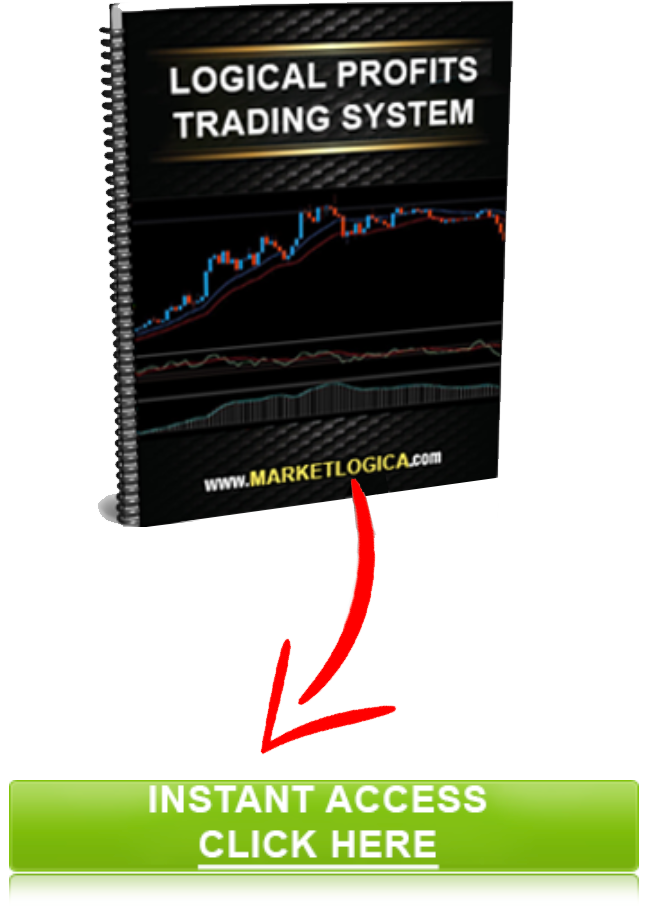There are tons of so-called trading gurus out there promising people the world at the touch of a button. They are lying to you.
We can automate huge parts of your trading, with indicators and algorithms to more accurately predict trends, and to even ping your smartphone when a candle peaks or plummets to meet an optimal condition for you to trade, but what no one can yet do with any long-term, realistic accuracy is create technology to trade for you.
TAs v. ‘Bots: A Common Misconception
A Trading Assistant (TA) is just that. It is designed to assist you in best knowing when and how to place or exit trades.
But a trading robot is another thing entirely. Earlier this year, a big story broke about how one fund was using actual Artificial Intelligence (AI) to trade. Of course, it’s reported as a huge technological breakthrough, and I know some professional traders who developed their own versions and met with some success.
Here’s what I know. Even if you create a fully functional, practically Skynet capable learning machine, it cannot accurately predict everything. Heck, even humans going blind on charts 24 hours a day can’t do that, but a ‘bot can only sort previously recorded data and make deductive decisions based on that previous input. What it cannot do is IMAGINE.
Let me tell you a story. It’s kind of famous inside the trading world, so you may have heard it before.
A well-known Forex trader developed a robot that he thoroughly and completely back-tested, and verified its results over months of testing. After he was satisfied that it could meet or beat human traders, he released it to the world for purchase, and to prove its mettle, he put up a live feed on his site to show the ‘bot in action.
The results were impressive. Consistent and sometimes huge wins, minimal losses, and fantastic risk management. People were raving, and I would be too, except for what happened next…
The now-famous creator of the robot went on a trip. He was gone precisely six days..
And his robot ate his account in a series of horrendous trades. Seriously, he went from unprecedented gains to almost wiped out (in that one account) and doing damage control. The popular live feed went dark and never came back.
Why? Was he managing these trades behind the scenes, backing up his ‘bot with human adjustments? Or, did the ‘bot get a bad piece of data or a bug that took it down? We will never know. But either way, it convinced me, and plenty of other traders, that the trading world was not ready for AI in an unmanaged setting.
TAs on the other hand are programmable to your preset take profit and stop loss levels, and send you alerts so that you make the decision about whether to trade or not. I find TAs to be particularly helpful in a situation where you could choose to trail a stop loss because you don’t have to keep eyes on your charts for hours or days and you can potentially pick up lots of extra pips this way.

But what about ETFs?
ETFs (exchange traded funds) have become a stock portfolio staple. But they are misleading because while the fund manager does rely on algorithms to make predictive trading decisions, he also manages those decisions. He watches trends, checks the performance, and basically backs up the automation with human reasoning.
There’s been some talk lately about an apparent robot that’s been taking the options market to the cleaners this spring, but no one, and I mean no one, has actual proof that it is a robot at all! They are just assuming based on anecdotal evidence of seeming speed that it has to be electronic. However, as is pointed out in Slate, the biggest hub-bub over it turned out to be a human trader who’d placed his order 19 seconds before the market-driving story broke!
See? The power of human imagination and instinct, when well-educated, just cannot be beat!
Imagination doesn’t mean dreaming up pie in the sky scenarios here. What I mean is humans have an ability that no robot can match—the ability to consider outcomes beyond preset parameters—to “think outside the box.” It’s the kind of thinking that led to the real-life success of Dr. Michael Burry, the genius behind Scion Capital who made billions because he identified the housing market bubble before anyone, or anything, else did.
If you haven’t seen the film The Big Short, a real-life drama based in part on Dr. Burry’s discovery, you really need to! It is a mind-bending testament to how the markets turn in large part on institutional assumptions. Those of us who have the imagination to trade on those assumptions can seriously make out!
So the next time someone tells you that a machine will trade for you instead of help you to trade better, for now at least, be very skeptical.




